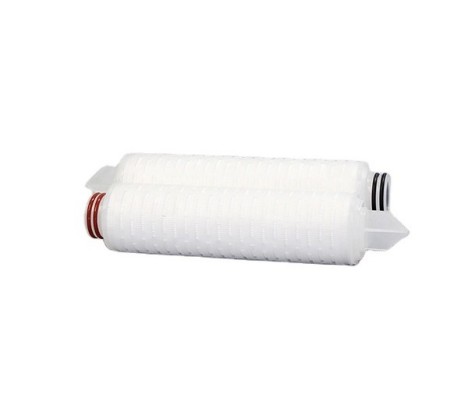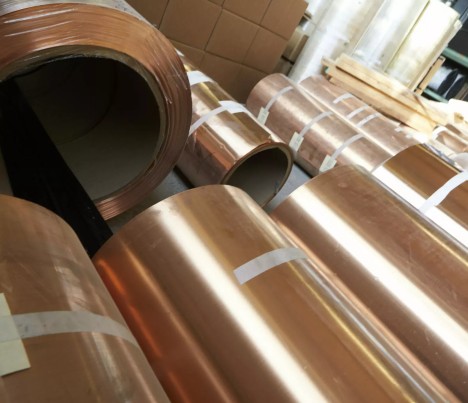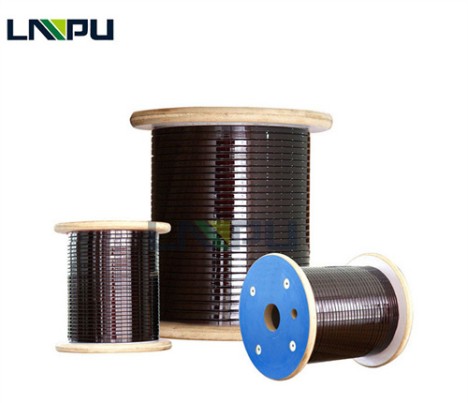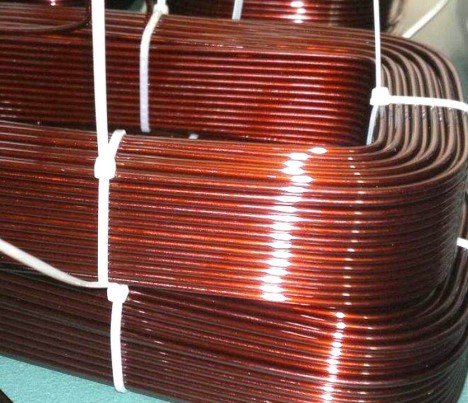Performance
Polyethersulfone is a thermoplastic polymer material with excellent comprehensive performance developed by the British ICI company in 1972. It is one of the few special engineering plastics that have been applied. It has excellent heat resistance, physical and mechanical properties, insulation properties, etc., especially has outstanding advantages such as continuous use at high temperatures and stable performance in environments with rapid temperature changes, and has been widely used in many fields. Especially in the field of enameled wire, it is a very good material.

Quality Index
Appearance: Pale yellow to taupe granular, Elongation: 40%~80%, Density: 1.37~1.51g/cm3, Bending strength: >130MPa, Intrinsic viscosity: 0.6dL/g, Impact strength (notch): >78.0J/m, Water absorption (23°C, 4h): <0.40%, Tensile strength: >85.0MPa, Volume resistivity: 1016~1017Ω.cm.

Trait Use
Polyethersulfone resin (PES) is a thermoplastic polymer material with excellent comprehensive properties developed by the British ICI company in 1972. It is one of the few special engineering plastics that have been applied. It has excellent heat resistance, physical and mechanical properties, insulation properties, etc., especially has outstanding advantages such as continuous use at high temperatures and stable performance in environments with rapid temperature changes, and has been widely used in many fields.
heat resistance
The thermal deformation temperature is 200-220°C, the continuous use temperature is 180-200°C, and the UL temperature index is 180°C.
Hydrolysis resistance
It can withstand hot water or steam at 150-160°C, and is not corroded by acid and alkali even at high temperatures.
temperature consular
The basic modulus is almost unchanged from -100°C to 200°C, especially better than any thermoplastic resin above 100°C.
Creep resistance
The linear expansion coefficient is small, and its temperature reliability is also small. It is characterized by 30% glass fiber reinforced PES resin, and it can still maintain a value similar to that of aluminum until 200 °C.

Field of Use
Electronics and electrical appliances
Utilizing the advantages of PES, such as solder resistance, good dimensional stability, resistance to various cleaning agents, metal parts can be embedded, and good adhesion with epoxy resin, etc., it can be used as H-class insulating material in the field of electronics and electrical appliances. The main products that have been developed include coil bobbins, potentiometer casings and bases, hair dryer parts, printed circuit boards, push-button switches, thyristor insulators, electric tool motor insulators, printers, blowers, relays, etc. Coil bobbins , DIP switches, various connectors, etc. It can also be made into films of different thicknesses by extrusion molding for various electronic equipment and electrical products.
mechanical field
Taking advantage of its high-temperature creep resistance, dimensional stability, oil resistance, and good toughness, it has been widely used in places where general resins cannot meet the requirements of use. The main products that have been developed include levers, handles, brackets, etc. of various machines, observation glasses for X-ray devices, insulators for chain saws, agricultural machinery engines, and carburetors, piston rings, heat-resistant balls, gears, copier parts, and camera parts , projector parts, industrial blower covers, automotive air-conditioning parts, arc welding torch handles, various analytical instrument components, etc.

